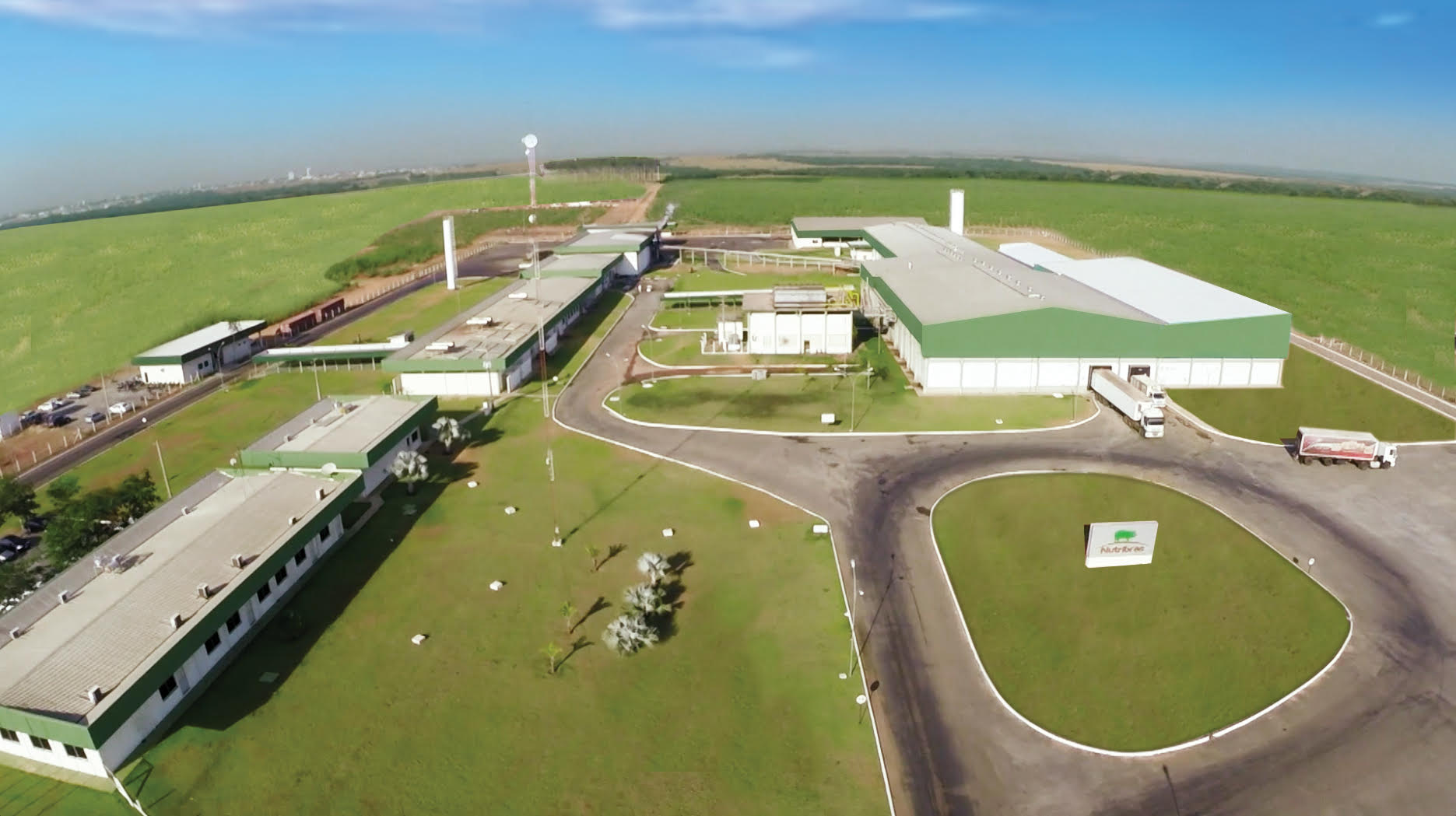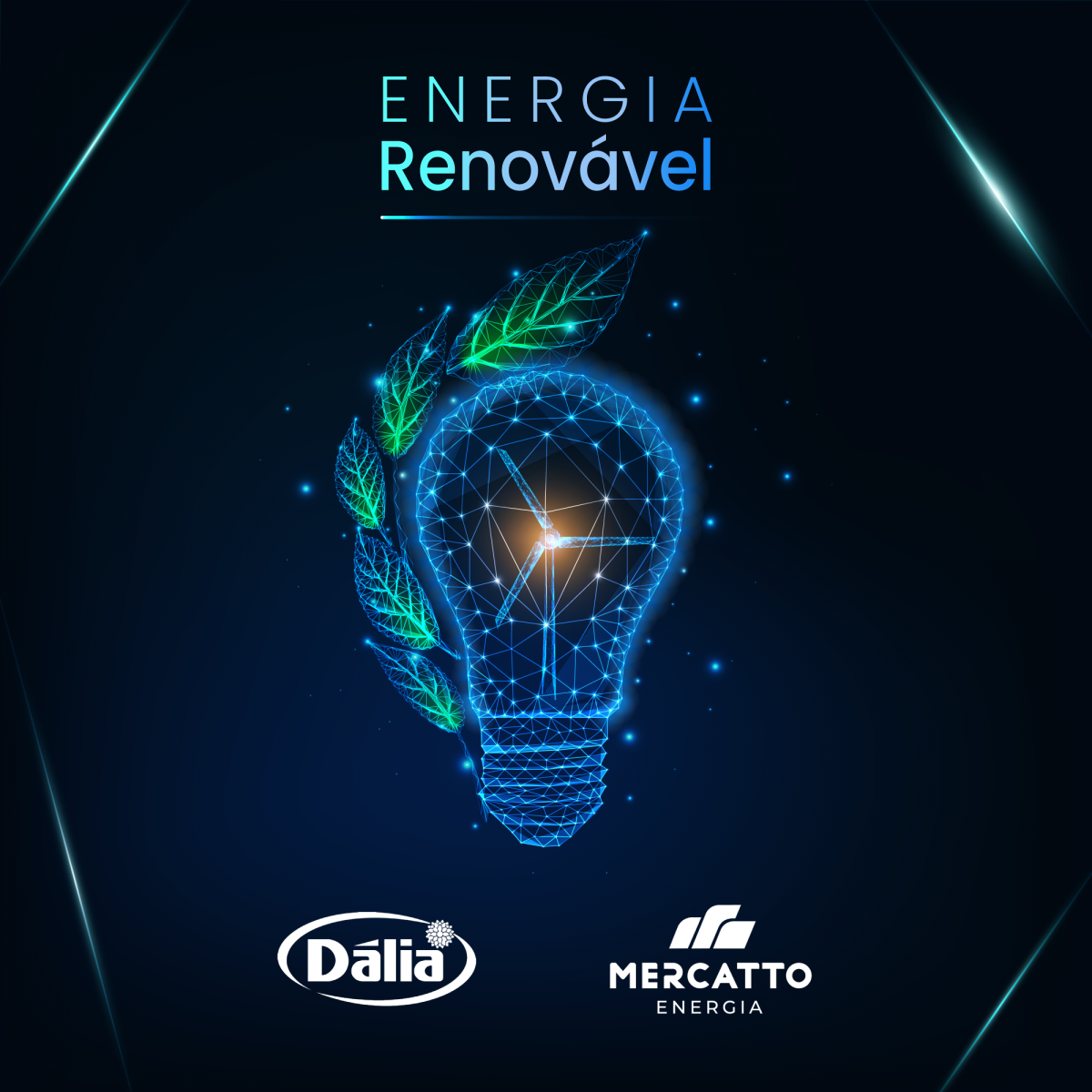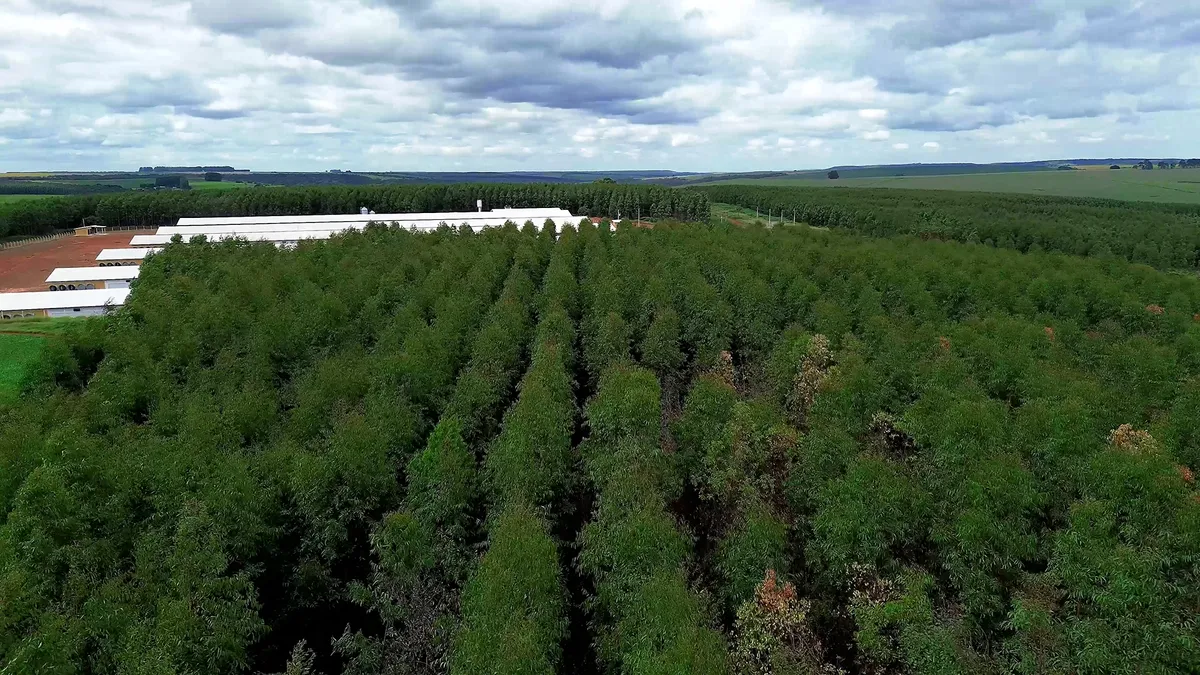Environment
Nutribras Alimentos achieves full water reuse and becomes a national benchmark in water management

Company invests in technology to treat and reuse 100% of the water consumed in its operations
Nutribras Alimentos, headquartered in Sorriso, Mato Grosso, is proving that large-scale production can go hand in hand with environmental preservation. The company has reached a milestone by reusing 100% of the water consumed in its industrial and agricultural operations, positioning itself as a model in sustainable water management within Brazil’s agribusiness sector.
The initiative was presented during the 2nd Regional Water Resources Seminar of the Watershed Committee for the Right Bank Tributaries of the Upper Teles Pires River, held on June 25 at the City Council of Sinop (MT). Themed “Clean Water, Sustainable Future”, the event brought together representatives from the productive sector, government, and civil society to discuss water crisis solutions.
According to the company’s environmental and occupational safety engineer, Júnior Martins, Nutribras’ processing plant treats and reuses all the water it consumes through a system of seven treatment lagoons, each responsible for a different stage of filtration. The treated water is then discharged into the Tenente Lira River, fully compliant with environmental standards. In the company’s rural operations, the system is even more advanced: no water is discharged into natural water bodies. All wastewater from pig farming is treated on-site and reused for fertigation, combining 20% biofertilizer with 80% clean water from the river to irrigate crops.
“We’ve created a virtuous cycle that merges agricultural production with environmental preservation,” said Martins.
As an active member of the local watershed committee, Nutribras holds a seat in the forum alongside civil society, government, and the private sector. The company’s leadership was praised by Jorge Muller, president of the committee and Sinop’s Secretary for the Environment. “Nutribras is a company with national and international reach that consumes large volumes of water, yet it shows a rare environmental awareness. If all industries followed this model, Brazil’s water outlook would be far more promising,” he stated.
The company also received praise from Paulo Bellicanta, president of Sindifrigo-MT (Mato Grosso Meat Industry Union), who highlighted that Nutribras has broken long-standing paradigms in the meatpacking sector. “For years, it was believed that a high-consumption industry couldn’t adopt such practices. Nutribras has proven otherwise — it’s a model for the entire sector and society,” he said.
Commitment to the SDGs and regional impact
In 2023, Nutribras invested R$773,000 (approximately USD 150,000) in upgrading its water treatment and monitoring systems, reinforcing its alignment with the UN Sustainable Development Goals (SDGs) — particularly SDG 6.3 (improving water quality and reducing pollution) and SDG 6.4 (increasing water-use efficiency across all sectors).
Arthur Paro, Planning Manager at Águas de Sorriso, emphasized the positive regional impact of such initiatives, especially during droughts. “When a company like Nutribras commits to water reuse, it significantly reduces pressure on our surface and groundwater sources — key to human supply. It proves that being economically competitive and environmentally responsible is not only possible but necessary.”
Nutribras currently sources water from both underground and surface supplies for human consumption, industrial processes, irrigation, and animal hydration. Looking ahead to 2025, the company aims to further strengthen water use monitoring in its pig farming operations, deepening its commitment to sustainable development.
The seminar also featured presentations from Águas de Sinop, the Mato Grosso Institute for Irrigated Agriculture (Imafir), Fiemt (State Federation of Industries), and Professor Adilson Pacheco of the Federal University of Mato Grosso (UFMT), addressing issues such as wastewater treatment, river monitoring, and the role of territorial intelligence in water resource planning. The watershed in question covers 7,050 km² and includes the municipalities of Sinop, Sorriso, Vera, and Nova Ubiratã.
READ TOO

Environment
13/08/2024
Dália receives renewable energy certificate
Cooperative has been using clean energy since 2013 and last year alone, more than 2 thousand tons of CO2 were reduced Once […]
Read more
Environment
25/08/2025
Friato Reinforces Commitment to Recycling and Offsets Over 36 Tons of Packaging Waste
Partnership with eureciclo strengthens the circular economy and generates positive impact in Brazil’s recycling chain In 2024, Friato reached the milestone of […]
Read more
Environment
23/03/2025
Frivatti stands out for sustainable water management and environmental preservation
Company implements advanced treatment and reuse systems, exceeding environmental regulatory standards Frivatti has established itself as a reference in sustainable water management […]
Read more
